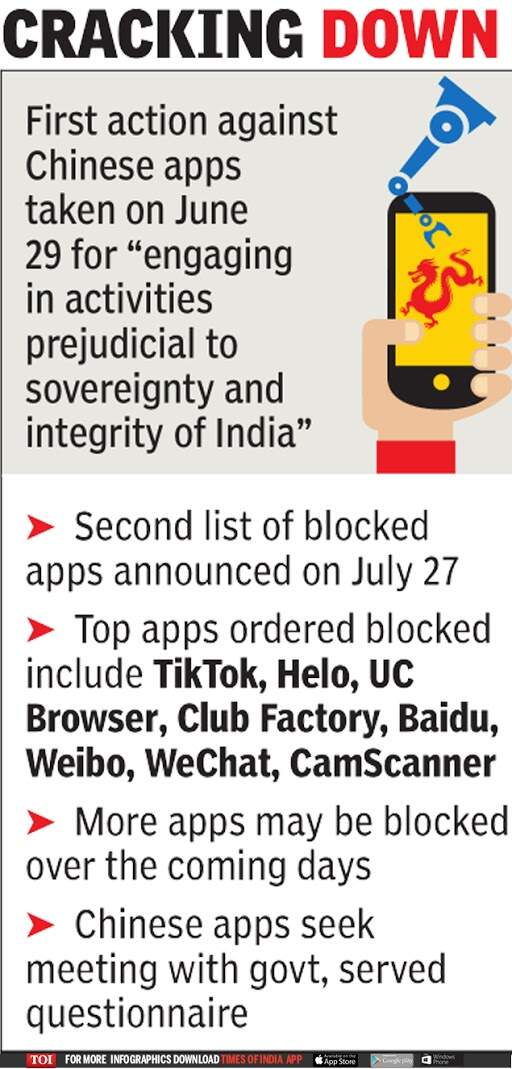India blocks top Chinese apps Baidu, Weibo, to be taken off from app stores
Weibo, launched in 2009 by Sina Corporation, has over 500 million registered users globally. It had Prime Minister Narendra Modi as one of its star users after he opened an account on the Chinese microblogging website in 2015 ahead of his visit to the neighbouring country.
The inaugural post of Modi — who had over 2 lakh followers on the site with 100-plus posts — had read, “Hello China! Looking forward to interacting with Chinese friends through Weibo” (the PM quit Weibo recently following the heightened tensions).

Baidu has been testing waters in India (one of its significant products here is Facemoji keyboard), and the company wanted to increase its engagement in the country, something spoken about by its CEO Robin Li, who came visiting the IIT-Madras campus in January this year.
The two apps, which are among the flagship internet products of China, have been asked to be taken off from the app stores of Google and Apple, while internet service providers (IPSs) have also been told to block them, sources told TOI. “They are among the 47 new apps that the government had banned on July 27,” an official source said, adding that the government is also considering a decision to block more apps.
While the first decision to ban 59 key apps — such as TikTok, UC Browser, Helo, Likee, Shareit, Mi Community, WeChat and CamScanner — was taken on June 29, the government had supplemented the list by adding 47 more, though this time refraining from making the list public.
Most apps in the second decision included clones and different versions of some of the original apps, such as TikTok Lite, Likee Lite, Bigo Live Lite, Shareit Lite, and CamScanner HD. The government has decided to block the apps after accusing them of “engaging in activities which are prejudicial to the sovereignty and integrity of India, defence of India, security of state and public order”.
During his visit, Baidu’s Li had said that the company wants to work with Indian technology institutions, specially in areas such as artificial intelligence and mobile computing.
Source link




